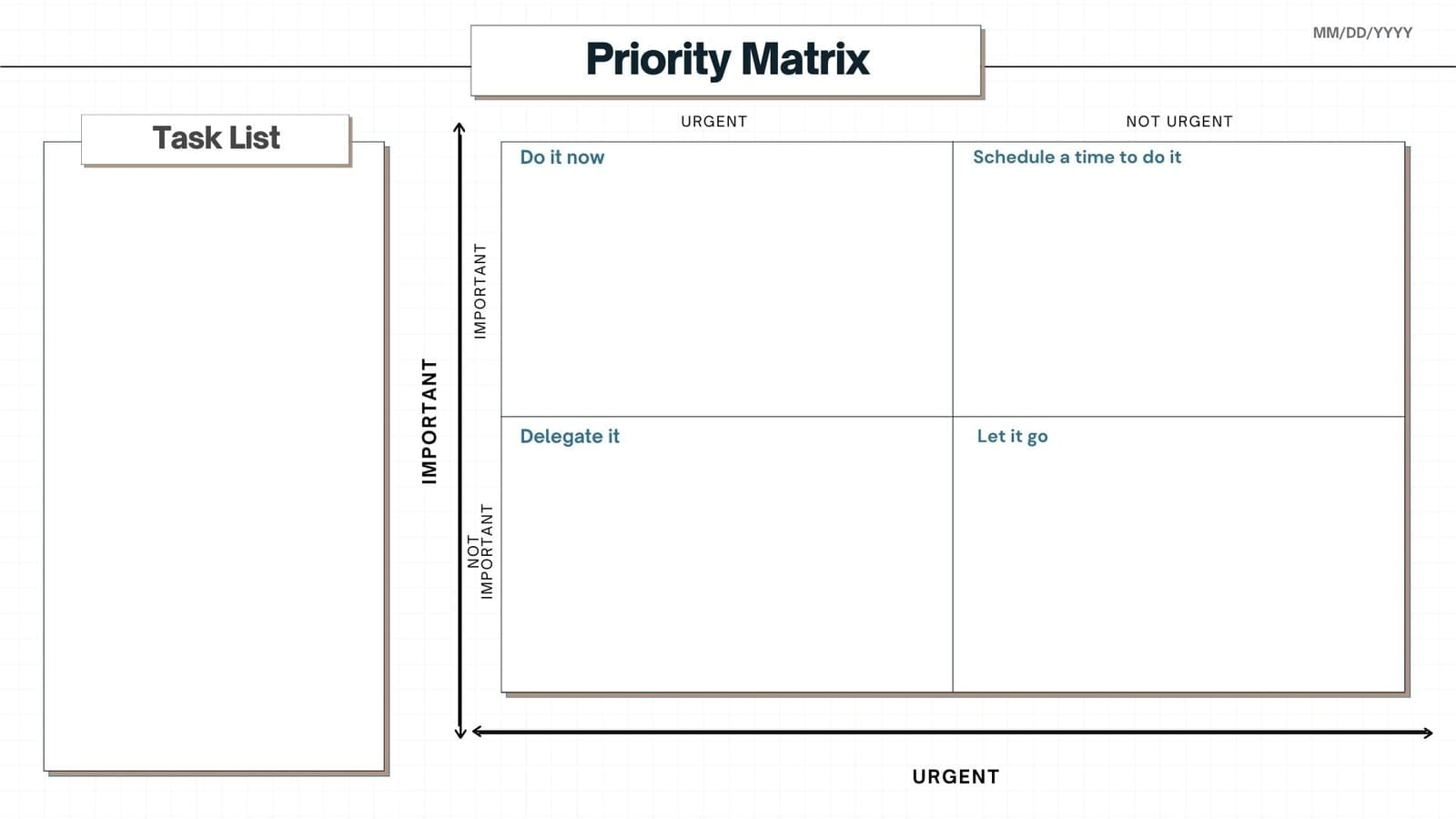NAVIGATE STRESS WITHOUT BEING STRESSED OUT
Back-to-school is always a stressful time for working parents. This year, however, makes previous ones look like a breeze. Set against the back drop of an ongoing pandemic, seemingly constant transitions in the workplace, and heavy world events, employees are feeling the stress more than ever. In fact, a recent Gallop survey paints this picture vividly with data. Nearly half of employees experience a lot of worry daily and over half have a lot of daily stress. Rates of both are higher compared to last year, and the rates are highest for employees in the U.S. and Canada.
This is troubling news because chronic stress is associated with all sorts of negative effects on your physical and mental health, like increased risk for heart disease, diabetes, depression, anxiety, and even death.
Chronic stress impacts employee work performance, too. There's not an off switch to flip to leave the stress load at home. Instead, poorly managed stress shows up at work in the form of presenteeism, disengagement (80% of employees are disengaged at work these days. 80%!), poor concentration, low efficiency, low creativity, difficulty prioritizing, and difficulty problem-solving and decision-making.
Bottom line: Chronic, poorly controlled stress affects your organization’s bottom line.
Stress, which is our body and brain’s reaction to any demand for our time, attention, and energy, is unavoidable. Fortunately, human beings are actually designed to handle a very high stress load…for a short period of time. The problems arise when the stress never ends, which is pretty much the case in our modern world. It’s important that we take steps at work and in our personal lives to create environments and routines that protect us against stress. Even basics like getting adequate sleep, hydrating and eating, moving as well as resting throughout the day, and periods without technology can make a drastic difference.
There is a silver lining here. While stress is unavoidable, it isn’t all bad. When managed well, stress can actually be good for you. Stress can focus attention and provide the energy and motivation necessary to do well on a task. Under the right circumstances, stress can have a positive impact on your heart, making it more resilient. It can make you, as a person, more resilient as well. The challenge is turning bad stress (distress) into good stress (eustress).
Two of the biggest factors that help transform stress are:
- Believing that your efforts are worth it.
- Believing that you are capable of handling the task demands.
How can you help your team or organization tap into those mindset?
Tool to Try
High stress can lead to overwhelm and difficulty prioritizing tasks and directing energy. That’s because high stress and anxiety bring with it a sense of urgency, making everything feel like it must be done right this second. The Priority Matrix is a helpful tool to sort tasks and develop a game plan. Use this tool on your own or with your team.
- Urgent tasks have an impending deadline or are time sensitive.
- Important tasks matter. They provide value and make a significant impact toward meaningful goals.

Psychological Strength
At Peak Mind, we're dedicated to helping individuals and organizations thrive. We do this by teaching skills to build psychological strength, which encompasses solid stress management skills along with resiliency and mental toughness.
Are you interested in learning what psychological strength is, how it operates in day-to-day life, and how you (and your team) can start to build it? Subscribe to our monthly newsletter below.
Additional Resources
Our podcast vault contains a wealth of information to help in nearly every situation, including managing stress. These two episodes may be of particular interest to you.
Ready to help your team build psych strength?
Ready to support your team to help them manage stress and perform at their peak? Contact us at info@peakmindpsychology.com to get started.



